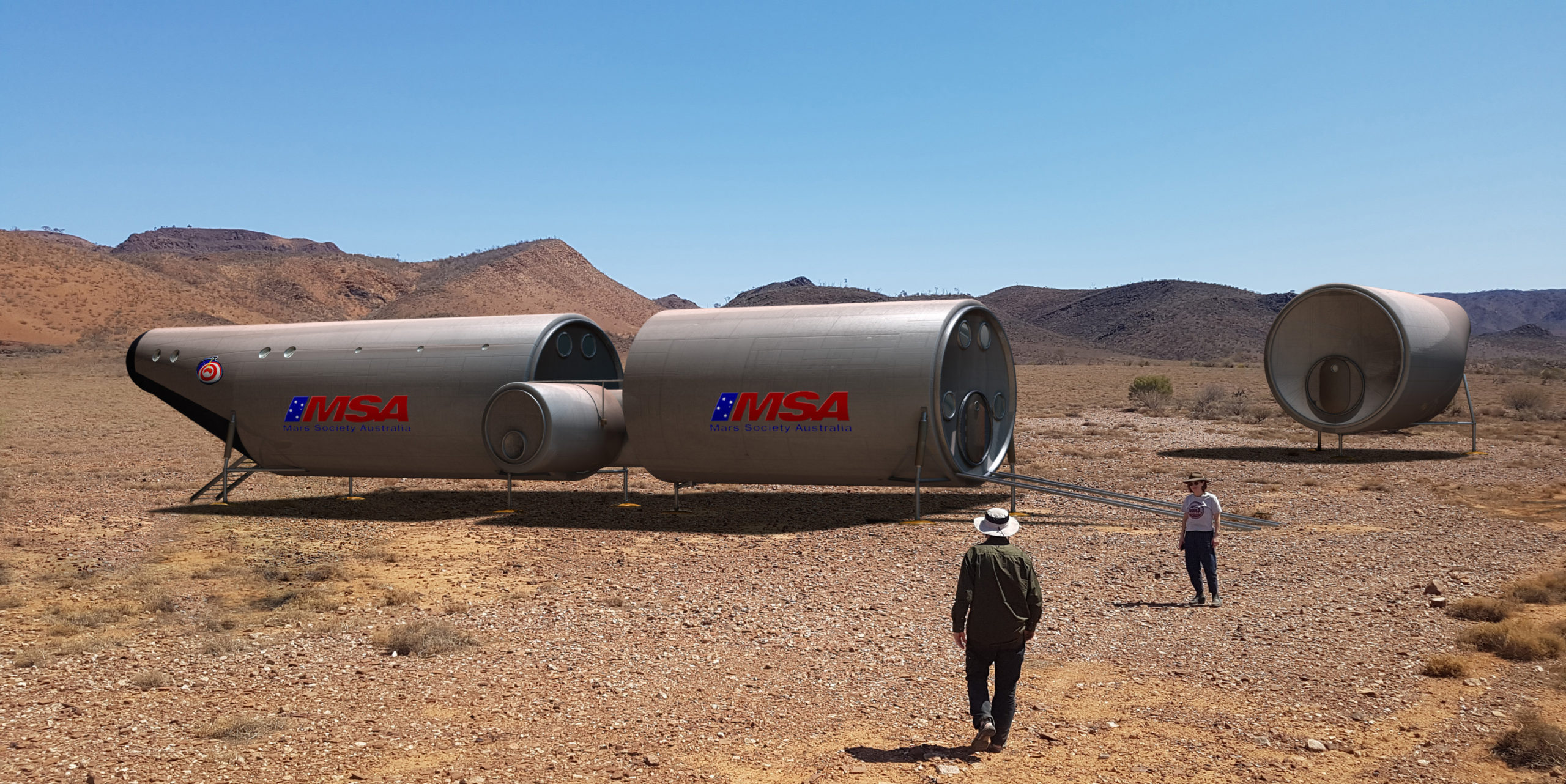It’s in our nature to explore.
Humans have spread out and touched every part of the planet. We took to the air and then just over 60 years later, headed into low Earth orbit. A handful of years passed before the first boots were planted on the Moon. For the last 22 years, humans have continuously been aboard space stations, learning about living and work in outer space. In the coming decades humans will leave Earth, travel to another body in the Solar System – most likely Mars – and remain there for extended periods of time. The technology challenges of these travels are vast, but not insurmountable. They will be solved by engineers given enough time and funding. In fact, just who will be the first to accomplish the next step
in humanity’s exploration is still uncertain at this time. What is not in doubt remains that we need to discover the art of living and working on another planet. How well this new art is developed, expanded and taught will be a major factor in the success of our expansion beyond Earth.
The rockets, the spacecraft and the landers that will take humans to and from Mars are still yet to fly, however research into this “art of living on another planet” has been underway for over 20 years. MarsResearch Stations in US, Canada, Israel, Oman, and China have produced significant science, as well
been used extensively for public outreach and education.
A commitment of several hundred thousand dollars by the Mars Society, world’s largest and most influential space advocacy organization dedicated to the human exploration and settlement of the planet Mars, will seed the development of a Mars Research station at the Arkaroola Wilderness Sanctuary, South Australia. Building Mars Research bases is now well established. Each one has built on the technology and operational techniques learned from previous facilities.
This new research facility, tentatively called Mars Australia Research Station (MARS) Arkaroola, has long been planned by the Mars Society Australia and will bring the “art of living on another planet”.
Click here to download a full MARS Science Brief including
Geology
Engineering
Astrobiology
Education
Ecotourism
+ More!
